A single sentence penned by an anonymous person has cost a homeowner $500,000 and sparked furious debate
An anonymous person who submitted a single sentence to a local council has cost a homeowner almost $500,000, exposing the risks of a “flawed” new system.
A single paragraph that was written anonymously and considered by a small group of officials for just an hour was enough to cost an unsuspecting homeowner almost half a million dollars.
City of Boroondara council in Melbourne’s east is standing behind a contentious scheme that allows members of the public to nominate homes in the area for heritage protection.
Councillors and planning officials then assess whether those properties are worthy of protection, based on submissions from anonymous parties who don’t even need to live in the area.
Should a home be deemed historically significant, its owner’s ability to make any changes to it could be significantly restricted.
That’s what happened in the case of 23 Clapham Street in Balwyn, not long after it was purchased at auction in July last year for $3.2 million by Tian Xiang Sun.
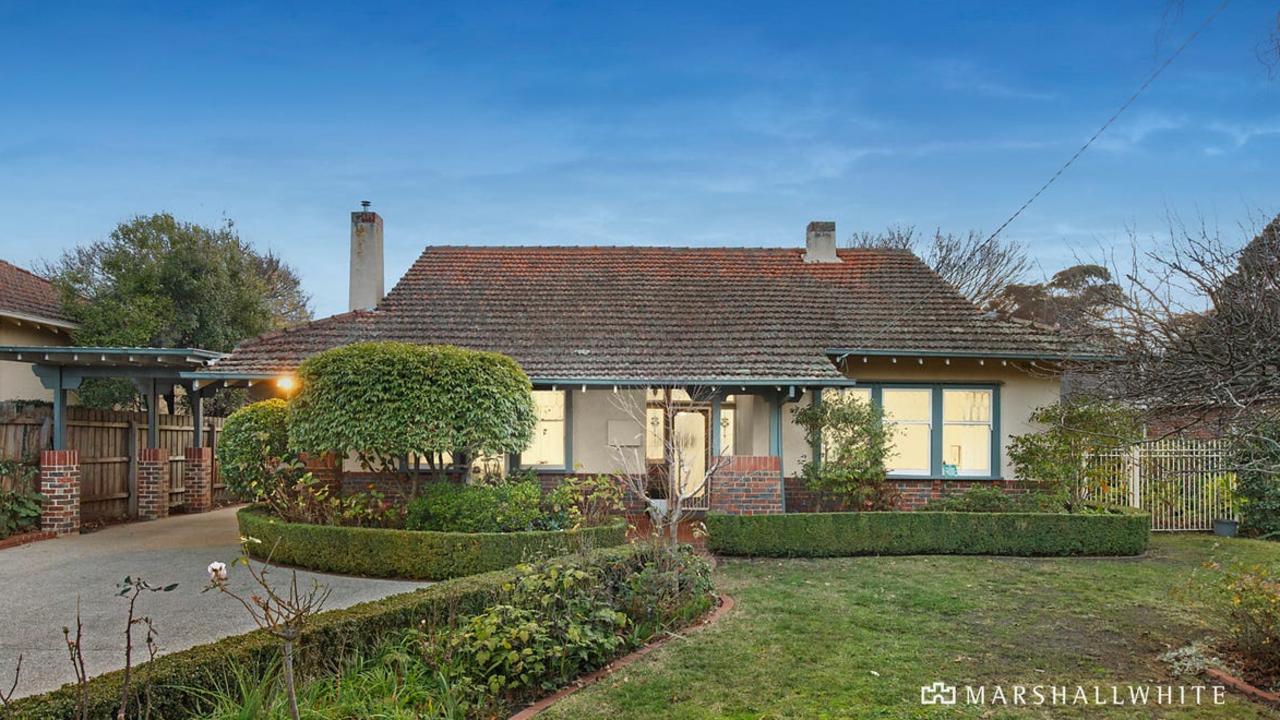
Just days before the sale settled in early October, someone made a submission to council briefly outlining why the home should be heritage protected.
Without knowing it, some brief remarks from an anonymous applicant would squash Mr Sun’s rights as a private homeowner.
‘Chilling’ breach of rights
In a single paragraph – essentially one long sentence – the unidentified person claimed the home was “an interesting and well-resolved example of a lowslung (sic) Japanese influenced craftsman bungalow which warrants heritage listing”.
The four-bedroom, two-bathroom property was “an exemplary example of the exploration and influence taken by many architects in exploring the bungalow concept when the style was emerging in the late 1910s”.
Further, the anonymous applicant said the “highly intact decorative detailing and distinct use of massing to create a very grounded low-slung house” made it unique to the area.
Mr Sun was not aware the submission had been made and that the property, which he planned to demolish to make way for a new home, would be under investigation by planning authorities.
He was also unaware that at a later meeting, councillors and officers discussed for the matter for a little over 60 minutes before subjecting the home to heritage protection.
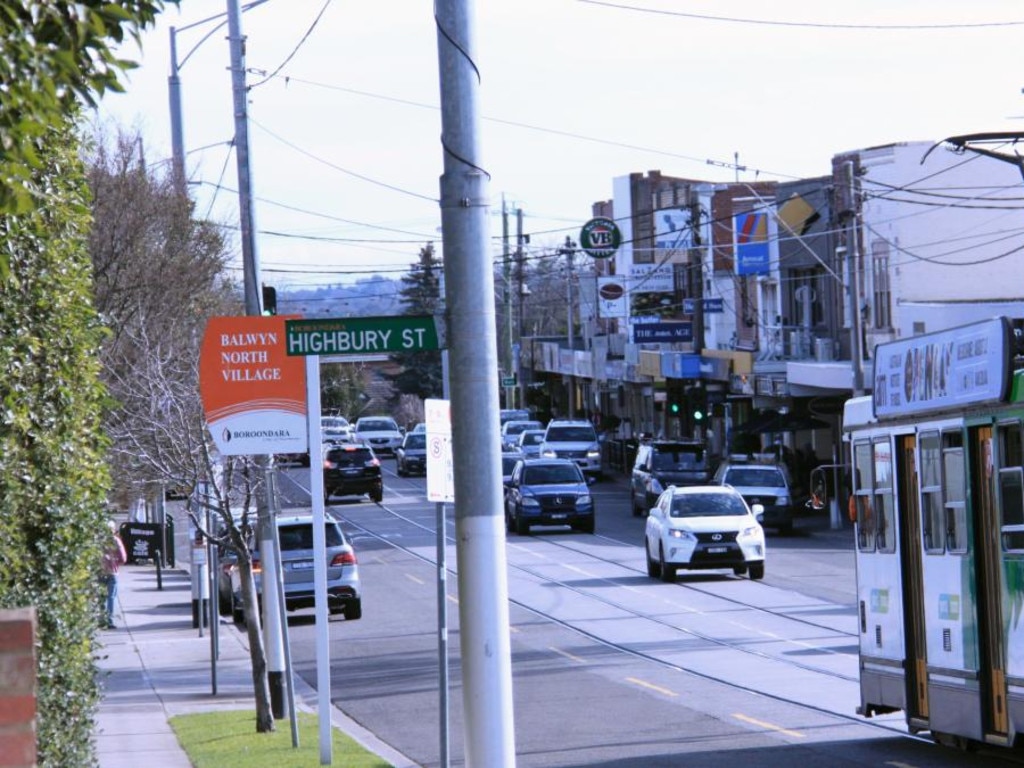
The man only became aware of the situation after he signed a building contract and discovered his plans for the site were forbidden, forcing him to default on the arrangement.
Council did not make formal contact with Mr Sun until May this year. Lawyers representing him claim the entire debacle has cost almost $500,000 and counting.
Councillor Cynthia Watson said the incident was proof of the potential “chilling” consequences of the system, which she said “lacks transparency and fairness”.
“It simply doesn’t pass the pub test,” Cr Watson said. “No one could objectively think this is the right approach.
“Normal heritage studies are council-led and it’s rightly an exhaustive and in-depth process. This is rocket speed by comparison.”
‘Rigorous’ assessment claim disputed
At a meeting of council on August 5, Mr Sun’s case was discussed, during which Cr Watson raised several concerns.
In response, Councillor Jim Parke, a supporter of the system, insisted the assessment of 23 Clapham Street was “rigorous”.
“It took 68 minutes for it to go from a nomination to a decision,” Cr Watson said.
“How is that rigorous? It took just 68 minutes for a single sentence to have a major impact on someone’s rights.”
On two separate occasions in the past 25 years, including as recently as 2015, the area was assessed by heritage experts in order to identify any properties that should be reviewed for historical significance.
Mr Sun’s property was passed over both times.
“Our heritage consultant, when they did the assessment back in 2015, they didn’t miss it,” Cr Watson said. “They selected 7 Clapham Street down the road for inclusion, so they were looking at this area closely.”
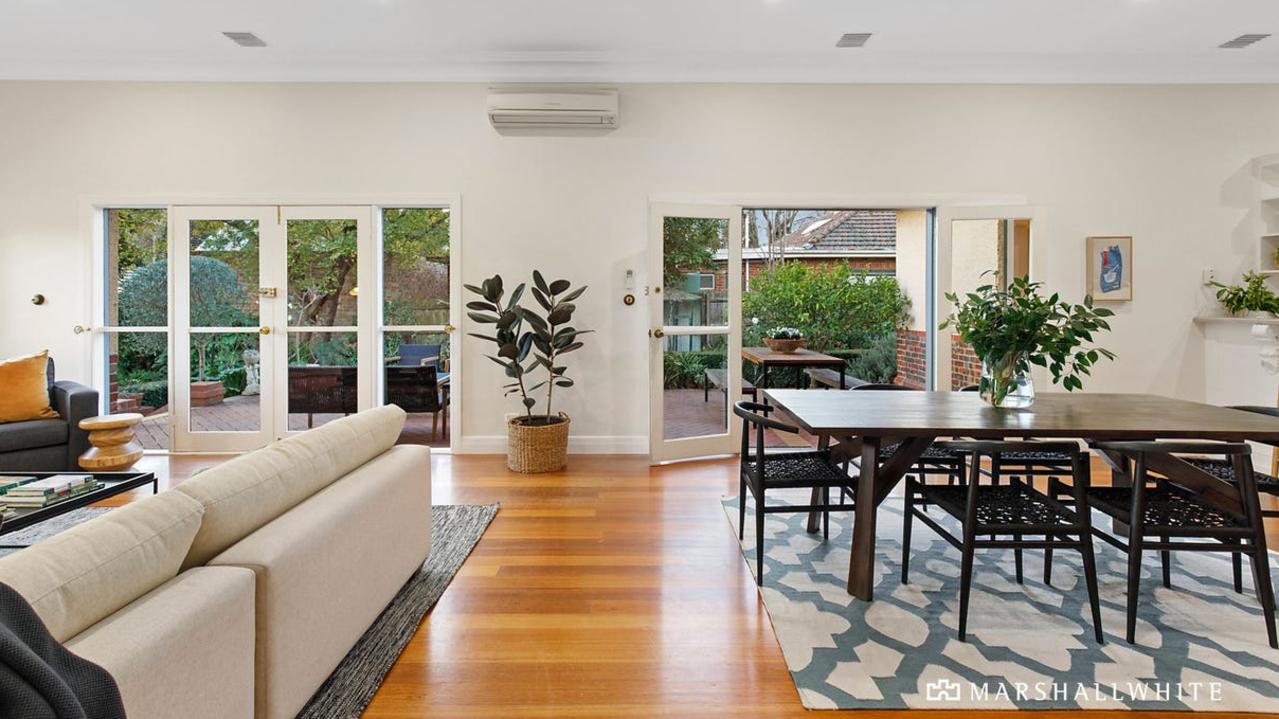
Among the issue of private rights being trampled, Cr Watson is concerned that the new system could be abused by malicious parties.
“Someone from Vladivostok could sit on realestate.com.au and look at houses and then quickly nominate any property. The risk of these things happening during a transaction period is absolutely real.
“If you’re going to put $3 million down on the table, the process for the purchase of a property has got to be transparent and it’s got to be reliable.”
In a statement, a Victorian Government spokesperson said: “We can’t let heritage controls become weapons that lock down housing. We need councils to use heritage in good faith.”
Poorly managed process
In attempting to involve the community in the noble act of heritage conservation, the council appears to have “inadvertently pitted residents against each other”, James Lesh, director of the conservation practice Heritage Workshop, told news.com.au.
“I’ll say that the council could have been more strategic in how it manages this process,” Dr Lesh said.
“Moving forward, they could maybe learn a little bit from what’s happened so that it unites the community rather than divides it, including questions about development and density.”
Council’s own heritage guidelines indicate homeowners should be notified as early in the process as possible that their property has been nominated.
“What appears to be happened here is that there’s been some sort of communication breakdown in that process,” Dr Lesh said.
“I think that can be very frustrating.
“And with heritage, unfortunately, there’s always the risk that it can be hijacked by some to serve different agendas, which is a shame because our heritage suburbs are great places to live. Many of our heritage suburbs are the best designed and most characterful.
“So, we want to see heritage working well and working properly.”
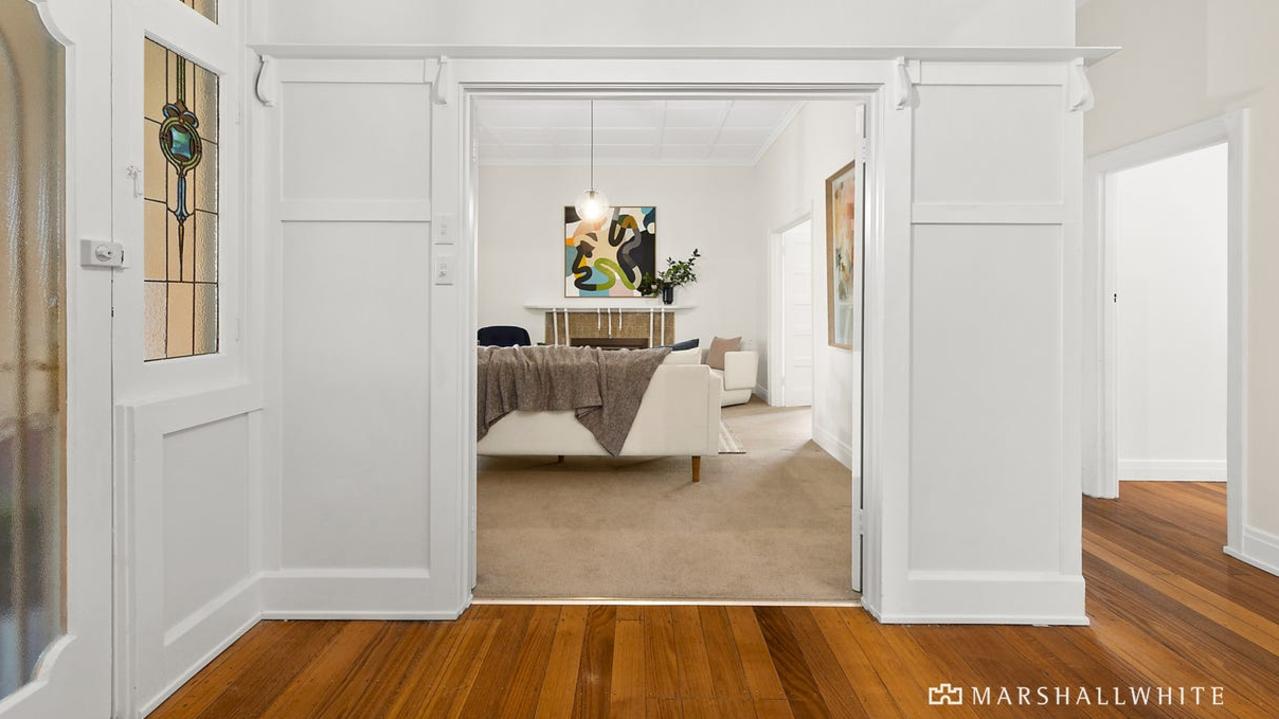
While the system appears to need better management, Dr Lesh denied the suggestion that “the normal thresholds for local heritage protections” have been watered down.
“It’s still a highly rigorous, it’ll still be evidence-based, it’ll still be an objective assessment process that will need to occur to bring in these new protections,” he said.
“So, the system itself for the creation of new heritage protections, and the rigour that’s involved in that, are completely unchanged.”
Serious questions raised
Cr Watson, who has a background in planning and supports the legitimate protection of heritage homes, has opposed the system since it was first proposed because of its potential risks.
“The question we now face is whether council should have the right to fundamentally interfere with market processes, because what we’ve introduced into a statutory process of buying and selling property is not statutory, it’s just rules that we’ve put on people.”
The council is pushing on with the system despite the controversy and objections from opponents, allowing anonymous members of the public – who could live anywhere – to target private property.
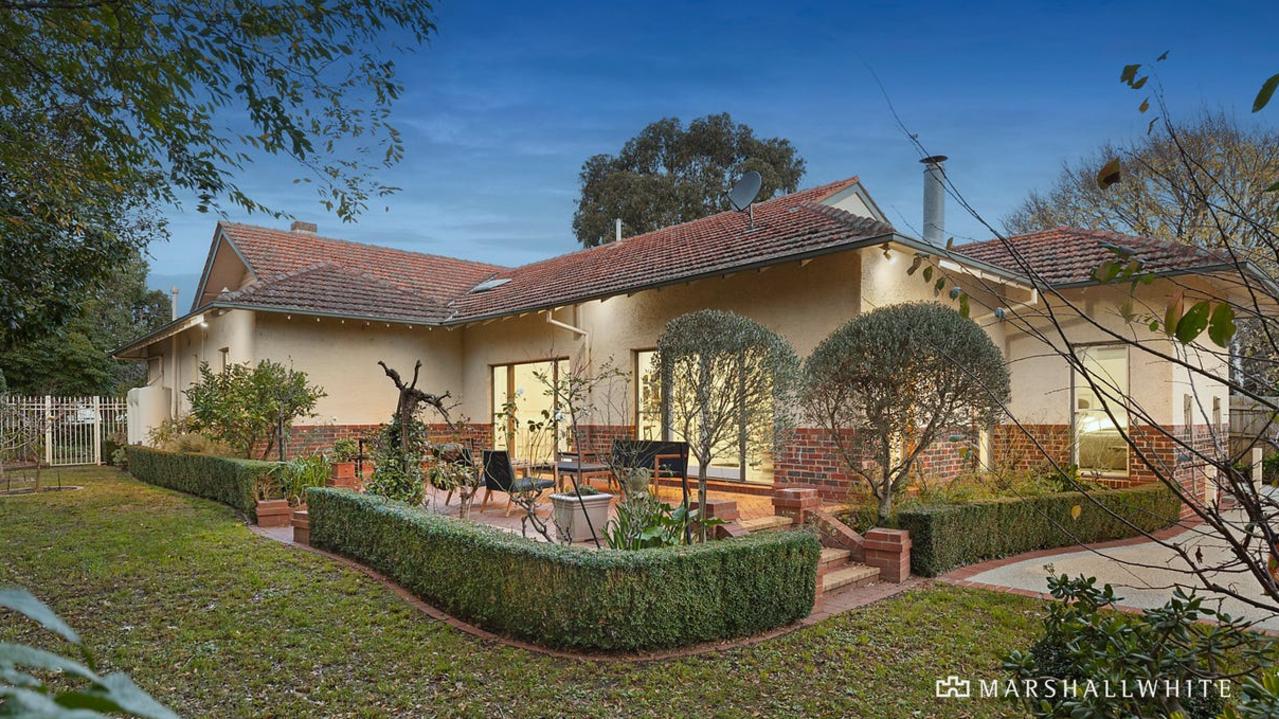
Earlier this month, Cr Watson’s motion to remove 23 Clapham Street from the nomination process and cease the ongoing heritage investigation was defeated by eight to three.
An attempt to limit nominations to residents within the local government area was also unsuccessful.
City of Boroondara is the only council in the country to roll out an initiative like this, but there’s nothing to stop other local government areas from adopting a similar approach.
Earlier this month, lawyers acting for the man wrote to council seeking to have his home excluded from the heritage nomination process.
In that correspondence, it was alleged Mr Sun was discriminated against because of his ethnicity – a claim council has strenuously denied.
An application from the man’s lawyers has now been made to the Victorian Civil and Administrative Tribunal on human rights grounds.
The agent who sold the property, William Chen from Marshall White, declined to comment. Lawyers for Mr Sun did not respond to a request for comment.
City of Boroondara was approached for comment but did not provide one prior to publication.




